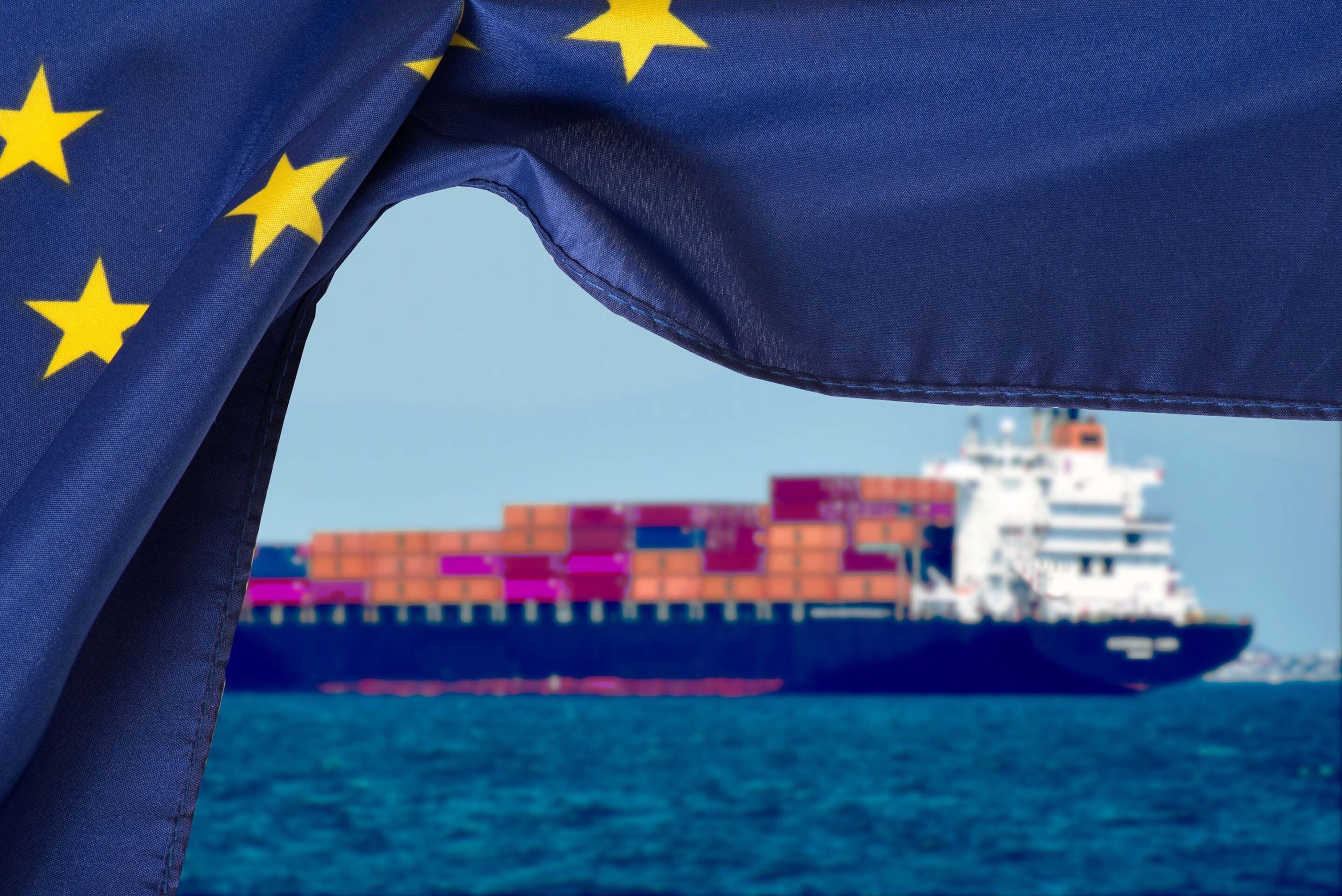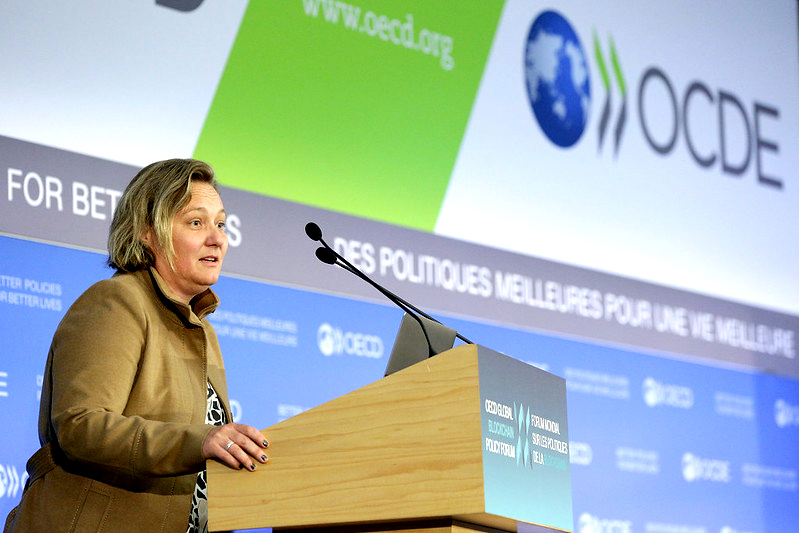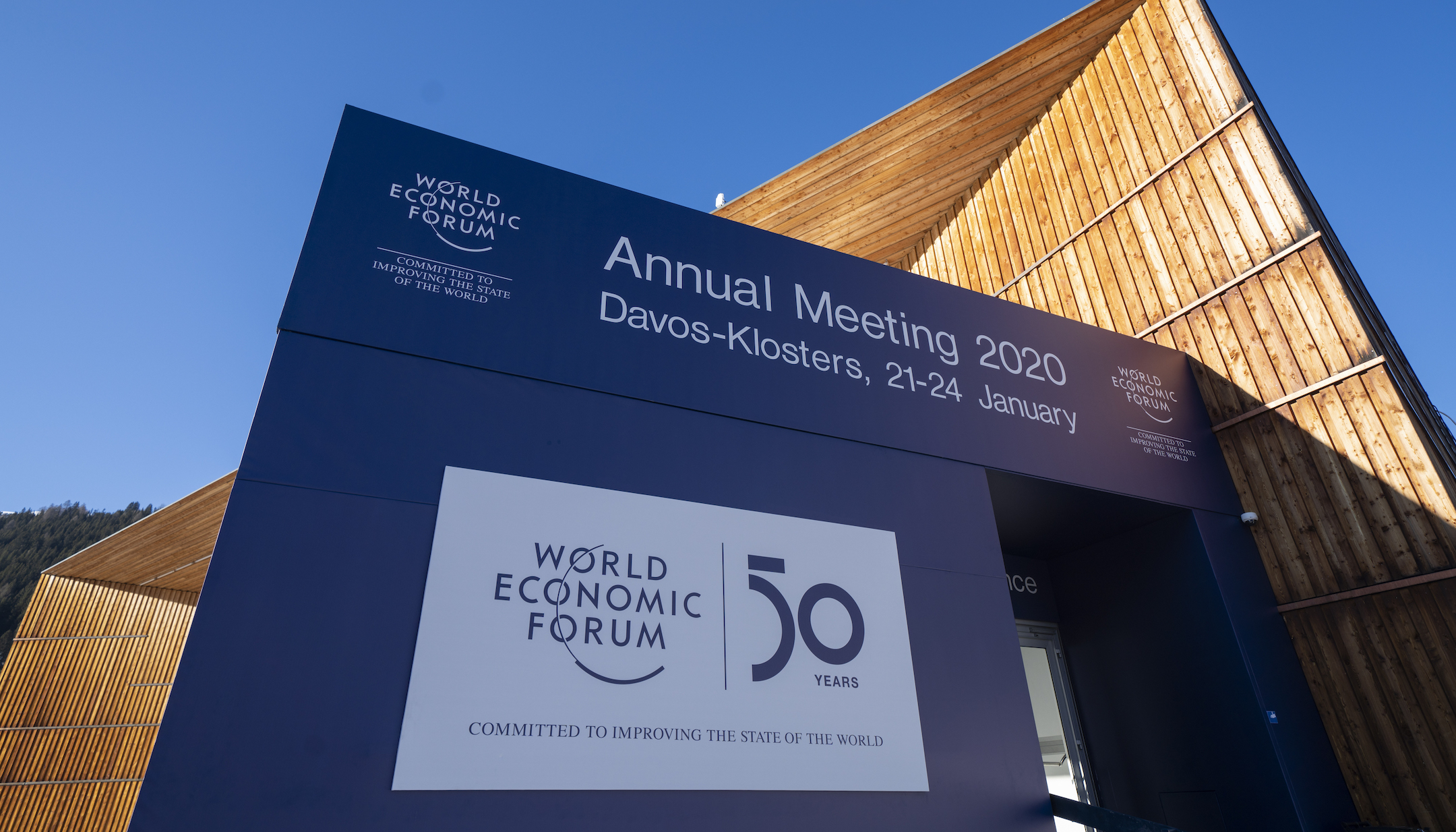The 50th Annual Meeting of the World Economic Forum in Davos, this January, made headlines for its focus on climate change, the emergence of a new generation of leaders and the increasing volume of young and female voices. This is great news, as long as the focus of world leaders remains fixed on supporting a sustainable future, and alternative views on a way forward are taken seriously. In particular, we need to wrap our arms around the youth and invite them to challenge the status quo.
From an Everledger perspective, this was our fifth year at Davos. Like everybody else, we came with a list of burning issues that we were keen to engage with. Here are our four big takeaways from a busy few days.
The message is getting through about the massive environmental upside from recycling and re-using electric vehicle batteries, and all other lithium-ion batteries for that matter. The future will be driven by millions of electric vehicles and billions of portable electronic devices. If these can be sourced, manufactured and recycled responsibly – in other words, by creating a sustainable battery value chain – then the transport and power sectors could reduce emissions by 30% by 2030, on track to meet the 2°C goal of Paris Agreement. According to the World Economic Forum (WEF), this battery revolution could also create 10 million jobs, add $150 billion to the global economy and provide electricity to 600 million people for the first time.
Since 2017, Everledger has been committed to supporting the Global Battery Alliance, with a view to raising ever more awareness around the challenges and opportunities of a sustainable battery value chain. At Davos this year, we joined 41 other companies from automotive, mining, chemicals and energy in agreeing to the Alliance’s 10 guiding principles for a sustainable battery value chain. As a vocal proponent of battery passports in recent years, we were pleased to see them deliberately selected and featured in the closing highlights for the meeting.
The next step is to mainstream the good intentions. In partnership with Ford Motor Company, we recently received phase 1 funding from the US Department of Energy (DoE) for lithium-ion battery pilots that use Internet of Things (IoT) and blockchain technology to track the life cycle of electric vehicles and portable electronics batteries (read more on blockchain battery recycling).
By capturing production, transport, and environmental data in real-time, IoT allows us to keep track of products and materials, which in turn, increases opportunities to recover and recycle them. When coupled with blockchain technology, this information becomes immutable, private and transparent.
These pilots should provide valuable use cases for other implementations to follow in 2021.
In the late 2010s, blockchain broke free of its tag as just a cryptocurrency technology. It has demonstrated its wider ability to disrupt supply chains where there is a need for increased efficiency, transparency and interoperability. In the right circumstances, blockchain has shown its ability to encourage compliance and good governance practices. It can create value chains where transparency becomes the rule and additional benefits can be reaped across all stakeholders: industry, suppliers, consumers and government.
Blockchain is now entering a new era of rapid proliferation. Organisations across the world are finding ways to harness its benefits, with $12.4 billion in projected investment by 2022. But without effective regulation, we risk creating fractured systems that focus entirely on commercial gain at the expense of transparency. Instead of certainty, we could have confusion and manipulation. The promise of financial inclusion could be corrupted to support willful exploitation. Business leaders and regular people are also slow to adopt blockchain-based systems because they fear potential government regulations might require them to make expensive or difficult changes in the future.
The WEF and its partners are determined to intervene where possible, before it’s too late, so that blockchain remains a force for good for all people. Everledger is working with the WEF’s Global Future Council on Blockchain to develop a Blockchain Bill of Rights to define the ‘Design Principles for a Decentralised Future’ as the technology continues to scale.
Everledger is also collaborating with the OECD’s advisory board of blockchain experts and innovators. The group met in Paris in January to explore the principles and fundamentals of policy enablement, so that applications of blockchain can help supply chains and financial services to thrive globally.
Fully 16% of global GDP today relies on manufacturing, but there are increasing signs that the complex supply chain networks that support millions of small businesses and workers are starting to crack. Understanding the true provenance of materials and components is becoming ever more complex and this lack of visibility translates into business risk and higher manufacturing costs, especially now that society is demanding higher standards in terms of worker rights, fair pay and ethical sourcing.
The need for increased transparency and traceability in supply chains – backed by blockchain technologies, as well as collaborative and neutral platforms – is moving up the agenda. At Davos, it was interesting to join the launch of the Future of Sustainable Data Alliance.
Working in partnership with the World Economic Forum, the alliance seeks to understand the make-up of data that investors and governments need to meet the requirements of both regulators, citizens and market demand for sustainable investments and portfolios over the next decade. One of its key goals is to highlight the key role that new technology and data sets must play in the transition to sustainable development. Sustainability is a shared responsibility across the value chain, and all actors in the ecosystem need to be connected.
At Everledger, our purpose is to drive digital transparency in supply chains, by connecting separated and siloed ‘information honeypots’. Alongside the International Trade Centre (ITC) and cellulose fibre company Lenzing Group, and in collaboration with the World Economic Forum’s Platform for Shaping the Future of Advanced Manufacturing, we have joined a pilot platform – hosted on the ITC’s neutral site – which is capable of visualising blockchain-based supply chain data from multiple companies and sources.
The simulated environment enables the cross reference of supply chain information such as product origin and characteristics, which can potentially solve numerous use cases in complex supply chains, involving many different participants. In addition, information on transfer of ownership can also flow seamlessly among the members of the consortium, in a secure, immutable and private distributed ledger, albeit observing and respecting individual privacy levels.
Going forward, we’re excited to see how the interoperability of blockchain systems can minimise siloing and achieve full traceability, particularly with complex and disparate logistics and supply networks. The Forum and BCG recently estimated the potential value of data sharing, simply by focusing on manufacturing process optimization and transparency, at over $100 billion, based on best practices.
The need to address the drivers of environmental degradation is increasingly recognized by stakeholders in government, civil society and business.
Batteries are leading the charge for sustainable materials management, but they’re not the only one. We’re moving towards a world whereby all materials will be traced from the moment they are extracted, through to first use, re-manufacture and eventual deconstruction and re-use. This is what I call the movement from natural mining to urban mining; that is the idea of moving from the ‘natural mining’ that depends on the extraction of natural resources to the new concept of ‘urban mining’, where we ensure we extract resources from previously manufactured products, such as the components inside an old mobile phone.
At Davos, it was pleasing to hear people calling for a more supportive environment for the circular economy. Rapidly falling technology costs are creating major opportunities to reduce waste. For example, IoT technology can keep track of valuable products and materials much more cheaply than in the past, radically increasing opportunities to recover them. Fourth Industrial Revolution technologies such as blockchain and artificial intelligence and nanotechnology are helping to facilitate the tracing of critical metals and minerals from mine to consumer. And for ex-mining countries, the potential of urban mining is starting to come into clear view.
Along with the clear benefits to the environment, moving towards a circular economy will also have a significant social and economic impact. This all chimes with the general theme of Davos 2020: ‘Stakeholders for a Cohesive and Sustainable World’. All businesses must move away from devotion to select shareholders to making a commitment to all stakeholders, including the planet that we all share. That’s not a warning from “prophets of doom”, but constructive advice. Sustainability makes strong business sense.
At Everledger, we believe the world is entering a decade of change, driven by technological advancements and a shift in collective thinking, which will see the circular economy become the new normal. Wouldn’t it be good if it was just called the ‘economy’?










